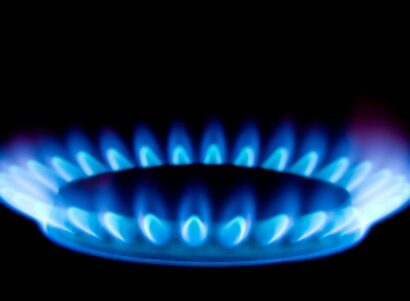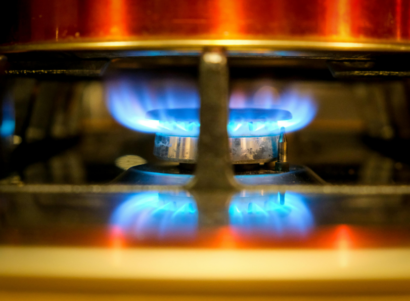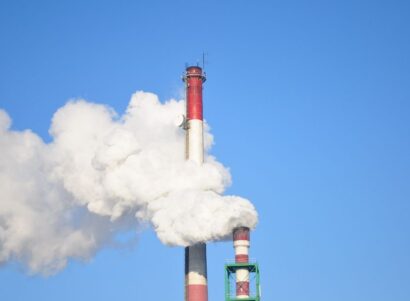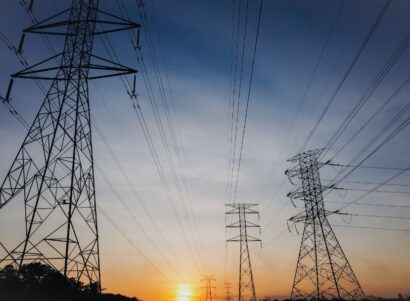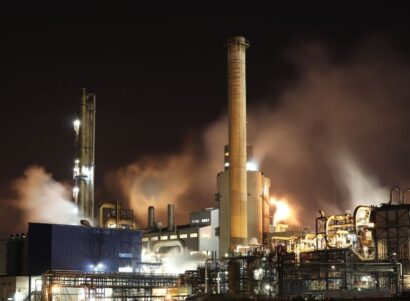Background
Fire departments are often the first to respond when a natural gas or propane leak is detected. As a result, fire departments play a critical role in responding to gas leaks and gas-leak-related hazards, such as fires and explosions. However, the burden and financial cost of gas leaks on emergency response agencies, and particularly city fire departments, have not been formally studied or considered in the costs of using natural gas.
In this study, published in the peer-reviewed journal Energy Policy, researchers analyzed 15 years of gas leak incidents reported in the National Fire Incident Reporting System (NFIRS) and collected data from publicly-available annual operating budgets from local fire departments across the U.S. Using this data, researchers constructed an operating budget cost model for the top 20 cities reporting gas leak incidents that did not involve a fire.
Key Findings
- Responding to gas leaks costs U.S. fire departments nearly half a billion dollars each year—not including leaks that ignite.
- From 2003 to 2018, a total of 2.4 million gas leak incidents required fire department responses, accounting for approximately 0.8% of all nationwide incidents.
- Uncombusted gas leaks cost U.S. fire departments $564 million in 2018.
- The frequency and cost of gas leak incidents have steadily increased nationwide, nearly quadrupling from 2003 to 2018.
- While every fire department has some level of cost associated with gas leak responses, Northeastern and Mid-Atlantic states experienced the greatest systemic burdens.
- The New York City Fire Department had the highest amount of reported gas leaks across the United States, with over 20,000 gas leak responses and an estimated cost of more than $70,100,000.
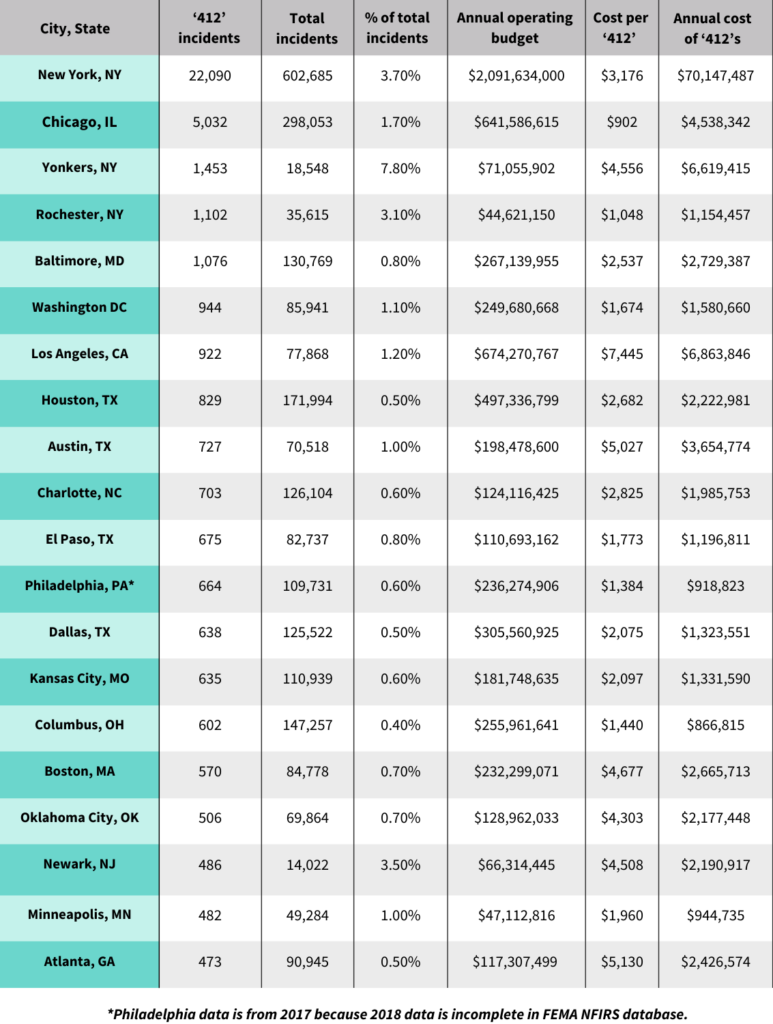
Conclusions
Gas leaks represent a cost to taxpayers and ratepayers which has been largely overlooked within energy policy and in emergency service design. Given this, decision-makers should consider the cost of gas leaks within the broader context of energy transitions. Numerous federal, state, and city-level policies have recently encouraged significant reductions in natural gas use in cities and buildings. These shifts will likely decrease gas-related emergency costs over time.
In addition, improved coordination between emergency services and gas utility providers can support more efficient emergency response and budgeting. Improved coordination could also potentially support the use of uniform protocols for gas leak investigation, detection, measurement devices, and promote best practices. City governments and fire departments should utilize publicly-available response information systems to optimize resources and increase understanding of the costs associated with natural gas.

 Study
Study
 Factsheet
Factsheet

